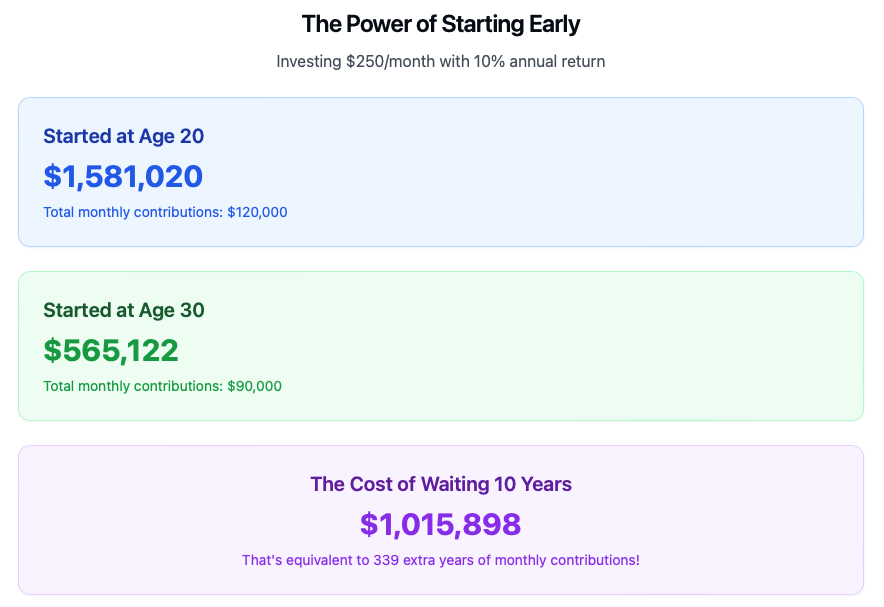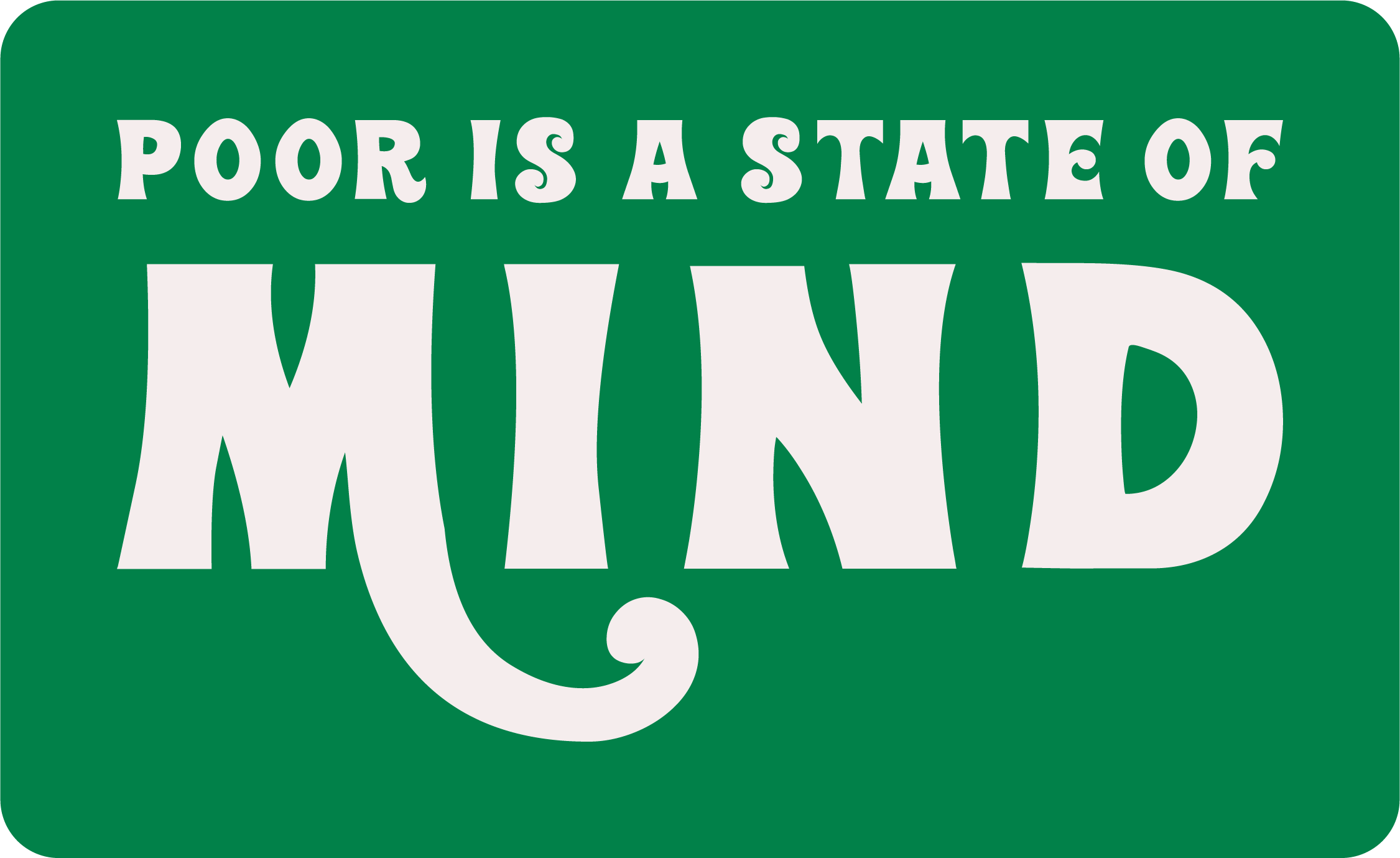How to start investing with little money
How to Start Investing with Little Money
The Importance of Just Getting Started
1) Building the habit: Starting to invest, even with small amounts, helps you develop a savings and investing habit. This financial discipline will serve you well as your income grows over time.
2) Learning the ropes: Beginning with smaller amounts allows you to learn about different investment options and strategies without risking significant capital. It’s a chance to gain experience and confidence.
3) Overcoming inertia: Often, the hardest part of any journey is taking the first step. By starting to invest now, you overcome the mental barrier that might be holding you back.
Developing Your Savings and Investing Muscle
1) Start Small: Begin by setting aside a small, fixed amount each month for investing. Even $20 or $50 a week can make a huge difference over time.
2) Increase Gradually: As you become more comfortable with investing, try to increase your contributions over time.
3) Stay Consistent: Regular, consistent investing is key. Set up automatic transfers to ensure you stick to your plan.
The Power of Compound Interest
Here’s an example:

Want to see how your retirements can grow?
Investment Plans to Consider
When starting your investment journey, it’s important to understand the different types of accounts available. Here are some popular options:
Retirement Accounts
1) 401(k): This is an employer-sponsored retirement plan. Many employers offer matching contributions, which is essentially free money. If your employer offers a match, try to contribute at least enough to get the full match.
2) Traditional IRA: Similar to a Roth IRA, but contributions are often tax-deductible now, and you pay taxes when you withdraw the money in retirement.
3) Roth IRA: This individual retirement account allows you to contribute after-tax dollars. Your money grows tax-free, and you can withdraw it tax-free in retirement. It’s a great option for young investors or those who expect to be in a higher tax bracket in retirement.
4) SEP IRA: This is a good option for self-employed individuals or small business owners.
Taxable Investment/Savings Accounts
1) Taxable Brokerage Account: An account with a brokerage like Fidelity, E*Trade, Charles Schwab which allows you to invest in stocks, bonds, index funds, etc.. While you won’t have the tax benefits if a retirement account, these accounts provide more freedom and flexibility in how and when you use your money
2) High Yield Savings Account: These accounts offer a higher interest rate than a traditional savings account with the same FDIC insurance coverage. A great place to park some cash for emergencies or other short term needs
3) Certificate of Deposits (CDs): A type of savings account offered by Credit Unions or Banks which typically offer a higher interest rate than a standard savings account but do not allow for withdrawals for a specified amount of time without incurring fees.
Options to Start Investing with Little Money
1) Index Funds: These low-cost funds track a market index and offer broad market exposure.
2) Mutual Funds: While some mutual funds require higher minimal initial investments, there are plenty of options with very low initial investments to get you started on your investing journey.
3) Exchange-Traded Funds (ETFs): These offer diversification and can be purchased for the price of a single share.
4) High Yield Savings Accounts: While not technically investing, these can be a good starting point for building your financial foundation.
Understanding the Risks
The Risks of Not Investing
Resources for Beginner Investors
Books:
1) The Simple Path to Wealth by JL Collins
2) Set for Life by Scott Trench
3) The Little Book of Common Sense Investing by John C. Bogle
Websites and Online Courses:
1) Investopedia.com – A comprehensive resource for financial education
2) Khan Academy’s personal finance courses – Free in-depth lessons on investing and personal finance
3) Yahoofinance.com: For investment research, analysis, and personal finance article
Podcasts:
1) The Ramsey Show – Focuses on getting out of debt and financial discipline
2) Afford Anything – Great for understanding the psychology of money
3) Stacking Benjamins – Makes finance fun and accessible
Conclusion

The Joneses Are Poor

The Joneses are Poor
The Joneses are Poor...Why Trying to Keep up With "The Joneses" is a huge mistake
The Fallacy of Appearances
The Joneses are Poor: Drowning in Consumer Debt
Sacrificing the Future
The True Cost of Keeping up with the Joneses
Emotional Wellbeing
Financial Freedom
Embrace Authenticity and Personal Growth
Determine What is Important to You
Celebrate Your Successes

How Anyone Can Be a Millionaire

How Anyone Can Be a Millionaire
How Anyone Can Be a Millionaire: Tips for Building Wealth
Start early and save consistently
What to find out how powerful compound interest can work for you?
Live below your means
Invest wisely
Pay off debt
- • Advancing your education or skills to qualify for higher-paying jobs.
- • Starting a side business or investing in real estate to generate additional income streams.
- • Negotiating for higher pay or better benefits in your current job.
Keep Your Eye on the Prize
Conclusion

Poor is a State of Mind

Poor is a State of Mind
Poor is a state of mind
The Power of a Positive Mindset
With a growth-focused mindset, you can:
- Realize your worth isn't tied to your current bank account balance
- Transform obstacles into opportunities for growth
- Use setbacks as fuel for incredible comebacks
- Get creative and proactive about solving money problems
- Combine hope with action to uncap your full potential
My Personal Journey: Humble but Hopeful Beginnings
Understanding “Poor is a State of Mind”
Facing Financial Struggles
A Mindset of Hope and Determination
Learning from Challenges
Success is More Than Wealth
The Power of a Positive Mindset
Breaking the Cycle of Hopelessness
Your Response is Your Power
Breaking the Poverty Trap
The Light at the End of the Tunnel
Taking Action: 5 Steps to Shift Your Financial Mindset
1) Improve Your Money Knowledge
There are a few books that changed how I think about money in a big way:
If books aren’t your thing, listen to podcasts like:
Alternatively, take someone you know who is successful with money out for coffee to pick their brain and ask for suggestions
- BiggerPockets Money
- The Ramsey Show
- The Mad Fientist
2) Track Your Spending and Create a Budget
3) Dream of the Possibilities!
4) Change Your Attitude Towards Money
5) Practice Generosity

